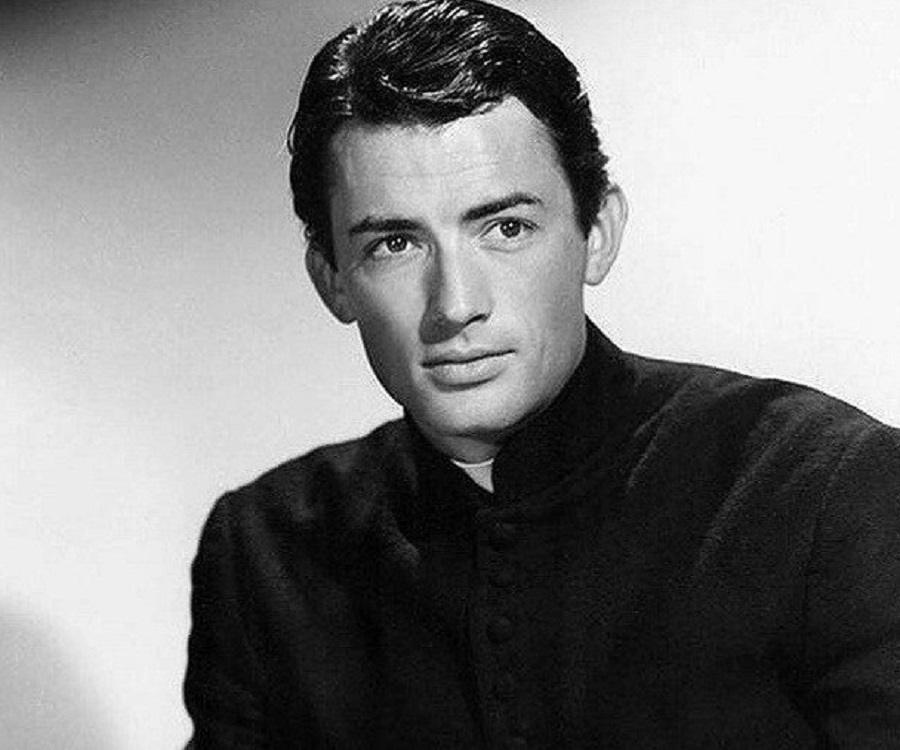Gregory Peck

In the illustrious annals of Hollywood’s history, few names evoke as much admiration and respect as Gregory Peck. With his commanding presence, unparalleled talent, and unwavering commitment to his craft, Peck left an indelible mark on the silver screen, becoming an enduring symbol of integrity, grace, and excellence.
Born Eldred Gregory Peck on April 5, 1916, in La Jolla, California, Peck’s journey to stardom was marked by perseverance and dedication. After graduating from the University of California, Berkeley, he initially pursued a career in law but soon found himself drawn to the world of acting. His early years in New York City were filled with auditions, rejections, and modest roles, but his determination never wavered.
Peck’s breakthrough came in 1944 when he landed the role of the morally upright attorney Atticus Finch in the film adaptation of Harper Lee’s Pulitzer Prize-winning novel, “To Kill a Mockingbird.” The role would become synonymous with Peck himself, earning him the Academy Award for Best Actor and solidifying his status as a Hollywood icon. His portrayal of Finch, a man of unwavering integrity navigating the complexities of racial injustice in the Deep South, resonated deeply with audiences and critics alike, cementing its place as one of the greatest performances in cinematic history.
Throughout his illustrious career, Peck showcased remarkable versatility, effortlessly transitioning between genres and characters with finesse. From his portrayal of the tormented Captain Ahab in “Moby Dick” to his charming turn as the dashing journalist in “Roman Holiday” alongside Audrey Hepburn, Peck demonstrated an unmatched range and depth that captivated audiences across the globe.
Beyond his on-screen achievements, Peck was also a passionate advocate for social justice and humanitarian causes. He was an outspoken critic of McCarthyism during the Cold War era and used his platform to champion civil rights and freedom of expression. His commitment to these causes extended beyond mere words, as he actively participated in marches and protests, lending his voice to the fight for equality and justice.
Despite his towering stature in Hollywood, Peck remained remarkably humble and grounded, earning the admiration and respect of his peers both on and off the screen. His gentle demeanor, genuine kindness, and unwavering professionalism endeared him to all who had the privilege of working with him.
As the years passed, Peck’s legacy only grew stronger, transcending generations and leaving an indelible imprint on the fabric of cinema. Even in his later years, he continued to grace the screen with his presence, leaving audiences spellbound with his timeless charisma and unmatched talent.
Conclusion
Gregory Peck may have left this world in 2003, but his spirit lives on in the hearts of movie lovers everywhere. His legacy serves as a reminder of the transformative power of storytelling and the enduring impact of those who dare to dream, inspire, and challenge the status quo. In the pantheon of Hollywood legends, Gregory Peck will forever shine brightly as a beacon of integrity, compassion, and timeless elegance.





